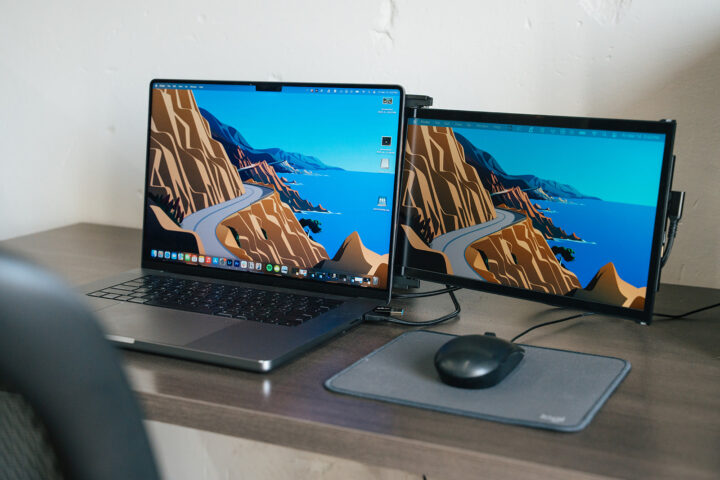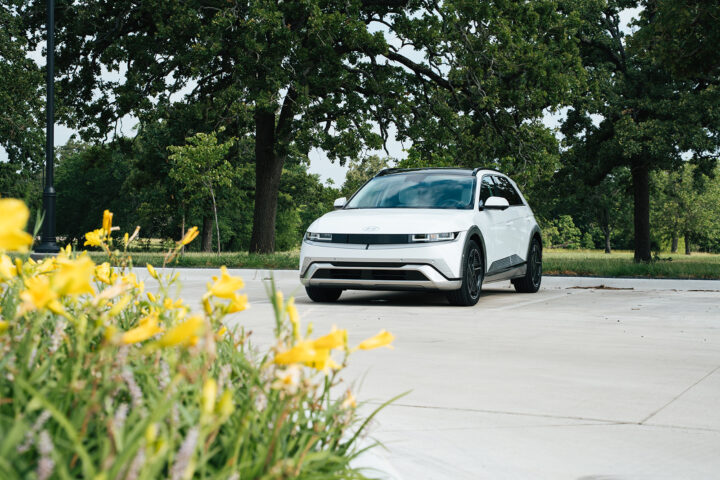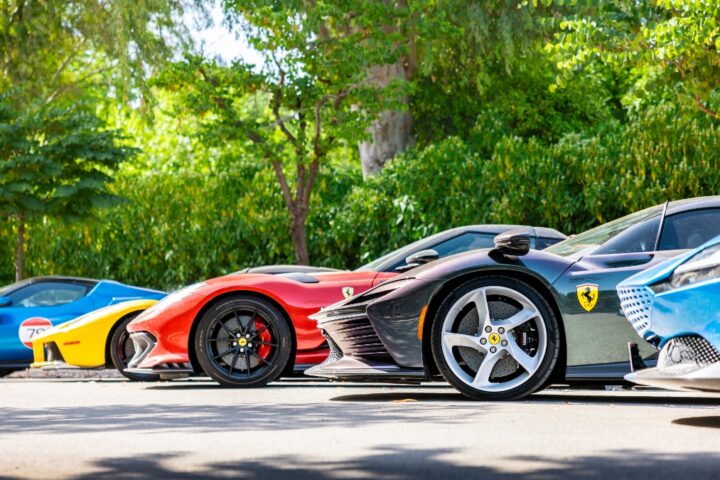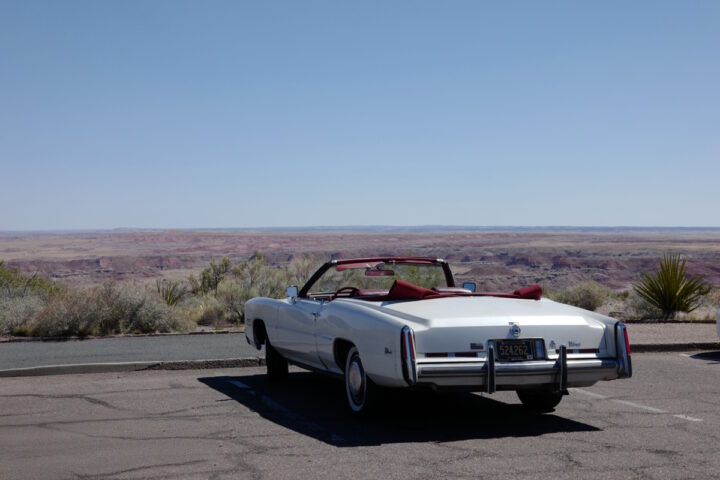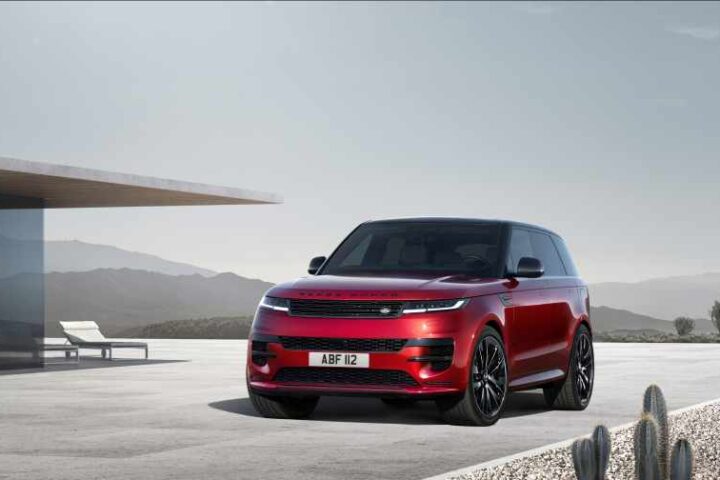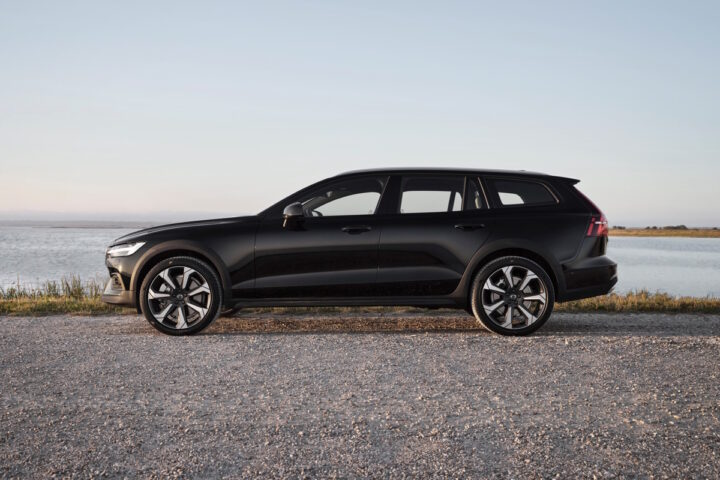Recently I was invited to Detroit by Bosch to check out some of their latest automotive technologies. From self-driving cars to redundant steering controls, secure blue tooth keyless technology and much more I had a full day out at their Flatrock proving grounds. But one of their innovations they shared with me the night before in the heart of the Motor City a new parking tech that is going to revolutionize urban parking.
Starting inside the Detroit Foundation Hotel the team from Bosch showed us how the app worked, by selecting the type of parking by location, price, and time restriction. Then using the data that is constantly being updated from the cloud, available parking spaces that fit our criteria begin to populate the map. Parking spots would disappear as they were filled in real-time, meaning you won’t be wasting your time driving around the block looking for parking. While it was a really cool looking app in the hotel lobby, Bosch had set up a real-world demonstration for us, just outside.
Parked at the curb was a Tesla Model S, once inside I was handed a tablet with the program running on it. As we started to drive around the city, new parking spaces would pop up, different colors indicated different types of kinda of parking options. As we moved through the city the project manager explained how the technology worked.
Almost all modern cars are equipped with proximity and other sensors, this is how many features like adaptive cruise control work. This technology uses those sensors, in conjunction with maps, GPS, and information provided by municipal governments to scan and upload a real-time map of empty parking spaces around the city. That information is uploaded to the cloud and then send that information to the parking tech. Essentially every car in the city is providing a scan of its immediate area, which is stitched together with the GPS and map data to show open parking spaces. Bosch is also working on technology that would allow them to feed parking garage and off street parking lot data into the system to provide more parking options for consumers.
While this demonstration was done on a tablet, consumer models would be integrated directly into the factory GPS, so as you approached your destination your GPS would simply ask if you would like it to find you parking. The goal is to make parking less of a headache for drivers while also limiting emissions and alleviating congestion. According to Bosch, we should be seeing this and many other technologies in cars in the very near future.
For more visit BOSCH.us






